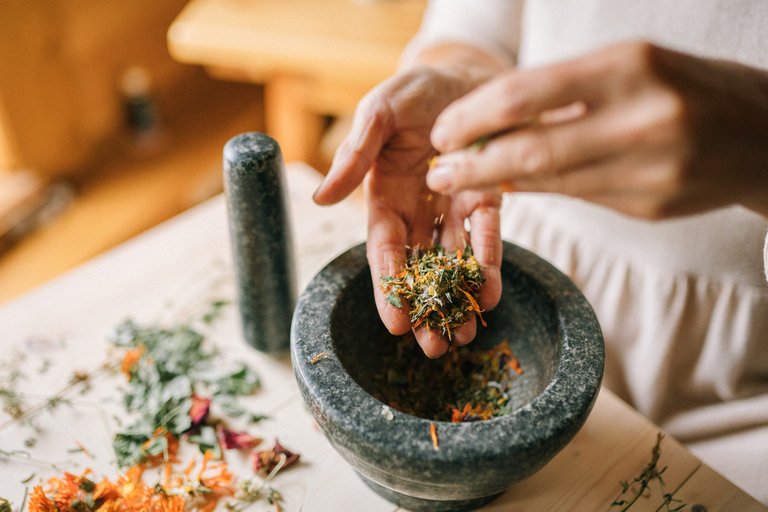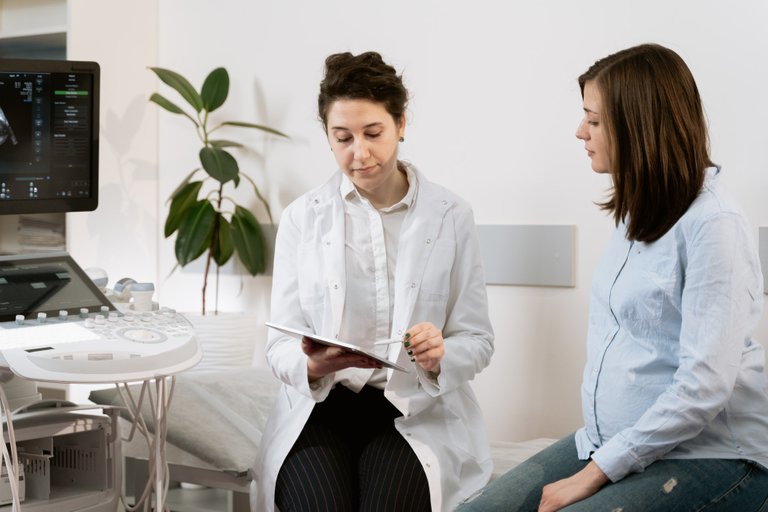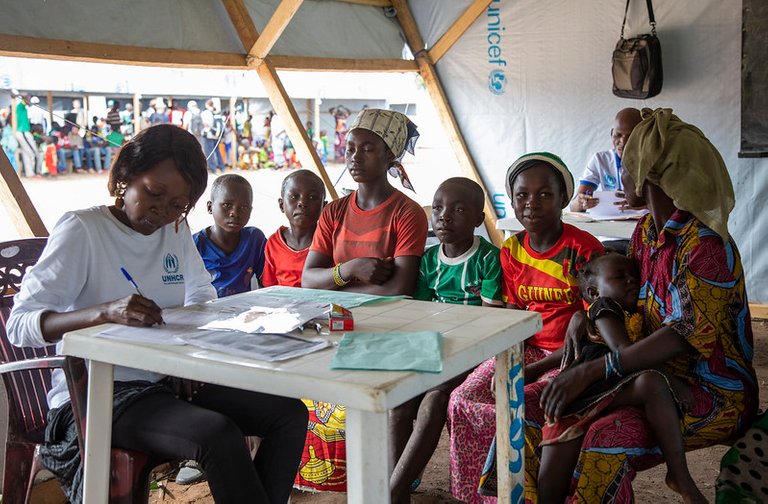Traditional medicine is an integral part of many African health systems, with a long history of use in the continent dating back to ancient times. It refers to the knowledge, skills, and practices based on the theories, beliefs, and experiences indigenous to different cultures, used in the maintenance of health as well as in the prevention, diagnosis, improvement, or treatment of physical and mental illness.
In Africa, traditional medicine is often the first point of contact for many people seeking healthcare. This is especially true in rural areas, where access to modern healthcare facilities may be limited. According to the World Health Organization (WHO), 80% of the African population relies on traditional medicine for their primary healthcare needs. (1)

There are many factors that contribute to the widespread use of traditional medicine in Africa. One of the main reasons is the affordability of traditional medicine compared to modern healthcare. Traditional medicine is often more accessible and less expensive, making it a more viable option for many people, especially those who are poor or live in remote areas.
Another factor is the cultural and social significance of traditional medicine in Africa. In many African cultures, traditional medicine is deeply rooted in cultural and spiritual practices and is seen as a way to maintain harmony between the body, mind, and spirit. It is also an important part of the social fabric of many African communities, with traditional healers often playing a central role in community life.
Despite its widespread use, traditional medicine in Africa has often been overlooked or marginalized by mainstream healthcare systems. This has led to a lack of recognition and support for traditional practitioners and a lack of research into the effectiveness and safety of traditional medicine.
However, in recent years, there has been a growing recognition of the importance of traditional medicine in African health systems. The WHO has been working to integrate traditional medicine into national healthcare systems in Africa, with a focus on improving access to traditional medicine, strengthening regulatory systems, and promoting research and development.

One of the main challenges in integrating traditional medicine into national healthcare systems is the need to ensure the safety and effectiveness of traditional medicine practices. This requires the development of regulatory frameworks and standards to ensure the quality, safety, and efficacy of traditional medicine products and practices.
Another challenge is the need to build capacity among traditional practitioners and modern healthcare professionals to work together effectively. This includes training programs and other initiatives to improve the knowledge and skills of traditional practitioners, as well as efforts to build bridges between traditional and modern healthcare systems.
Despite these challenges, the integration of traditional medicine into national healthcare systems has the potential to improve access to healthcare for many people in Africa and contribute to the overall strengthening of healthcare systems on the continent. By recognizing and supporting the role of traditional medicine in African health systems, we can ensure that all people have access to the healthcare they need to live healthy and productive lives.

References
Ref 1 | Ref 2 | Ref 3 | Ref 4 | Ref 5 | Ref 6

